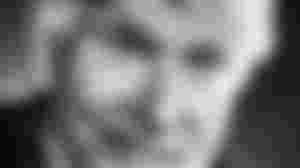
At the top of analytical psychology is the famous Swiss Carl Gustav Jung. Complex psychology owes a lot to its creator and one of the most important psychiatrists and thinkers of the 20th century. After mutual respect and friendship, Carl Gustav Jung and the then famous psychoanalyst Sigmund Freud set out on different currents of modern psychology. Jung's step out of the natural science model of interpreting psychic phenomena becomes the beginning of a revolutionary development of psychoanalysis. In the field of interesting discoveries, Jung's typology of personality appears, which is not completely completed, but some of its elements indicate the archetypal representations of men and women that we find in psychology, but also in philosophy, painting, and literature. One of Jung's most interesting studies, the typology of female identity, although not complete, was the subject of later research by Gene Shinode Bohlen ("Mythical Archetypes in the Female Psyche") but also by a group of Belgrade psychologists who decided to entertain themselves in the 1990s. by one complex identity of a woman. Like any study, in addition to a scientific work, it also implies a part of the personal (subjective) element that exists somewhere in every researcher when he decides on the very act of developing and releasing his own theory. As Jung is the originator of an interesting and, according to many, very important typology, what will be presented is part of several studies and experiences and should not be accepted as the only and unconditional one. Therefore, the reader has the task to deal with one interesting typology and not to understand certain patterns as templates, but to find his own appropriate context from some known facts.
"There has always been psychology, since the historical world, but there is only objective psychology recently." (Jung, 1920)
WOMAN MOTHER
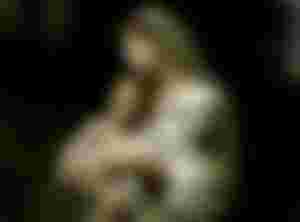
Mother of God. In mythology, she is the personified Greek goddess Demeter / Roman Ceres.
It symbolizes the matriarchal principle: protection, birth, creation, care and nurturing.
This type of woman is characterized by care for the "family nest", connection with the family and the parental role of the protector. He is attached to a father who is not at all inclined to a father. Its existence and meaning is in children, and after the child's independence, that meaning disappears. The archetype of the mother is characterized by many qualities: the magical authority of a woman, wisdom and spiritual strength, everything that is benevolent, that nurtures, preserves and supports, that that promotes growth and fertility. The destructiveness of this type is reflected in excessive need and parental protection. Religion knows her as a Christian mother, mythology as a goddess of fertility, while in art she is personified in strong maternal characters. Her male partner is taken for granted, but in reality she is not nearby nor is she the determining aspect. In history, the mother's archetype is accompanied by great sacrifice, strengthened maternal instinct, but also setting one's own interests aside, for the work of others (mostly children). Whether we remember Mother Teresa, but also many literary heroines, this type of woman remains as a pillar on which successes, sufferings, sufferings, but also the strength of others fall.
Mother Teresa

One of the greatest benefactors the world has ever known. She dedicated her entire life to others: children, the sick, the elderly, the infirm.
WOMAN LOVER

The personified fairy, muse, geisha, courtesan, in history, religion, mythology, is known for his unsurpassed beauty and passion. She is personified in the Greek goddess Aphrodite / Roman Venus. A cultivated courtesan who submits her whole life to sensual pleasures. The meaning of this identity lies in creating a deep mystical loving unity of man and woman. Intimacy with members of the same sex is not characteristic of this type of woman, or if there is agreement that she is the best and most attractive, there is patience. Self-love and a personal experience of falling in love are also characteristics of the female "Narcissus" who very often describes this typology. Depending on the culture, history and circumstances in which she lives, she is loved, celebrated, ridiculed, humiliated or idealized. The Trojan Helena, known as the "cause" of the Trojan War, was an example of an idealized woman, but also of many heroines of literary works (Anna Karenina, Emma Bovary, Petrarch's Laura), heroines who led to death with their beauty. In the modern art of the great Hollywood beauty, models in the passion of art very often lost their real image of themselves and became victims of their own self-love and narcissism. .
Theodora of Byzantium

the Empress and wife of Justinian I, was in itself a pleasure. She lived for personal pleasure, but also for the pleasure of others.
As a heterosexual, until her marriage to Justinian, she enjoyed a debauched life and orgies. Subject to all kinds of lust, she had to give up sexual insatiability after marrying Justinian for the public. But it seems that the empress only respected the laws from the outside.
VIRGO WOMAN
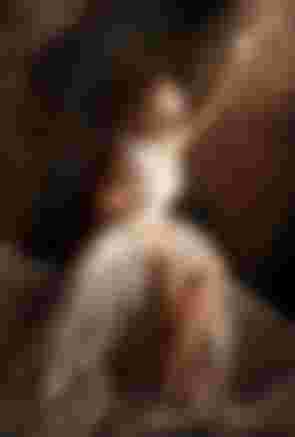
personified in the Greek goddess Persephone, that is, the eternally "deceptive" woman. Eternally young, carefree woman - a girl around whom parental and marital rivalry are fighting on the one hand. The dependence of this type of identity for another identity, most often maternal, makes it impossible to grow into a woman. At the same time, she is helpless, skillful, naive and dangerous - unaware of her sexual powers. As a woman-chimera, she is vague and ambivalent and becomes a project screen of other people's desires and conflicts.

One of the almost typical examples of this type of identity is Shakespeare's Ophelia, the object of love, affection, but also insecurity and fear of one's own freedom.
In the film industry, a platinum beauty overshadowed the then public in the 50's. 20th century, both with her appearance but also with her shyness and almost to infantilism with the different behavior of a girl in the body of an adult woman - the famous Marilyn Monroe.
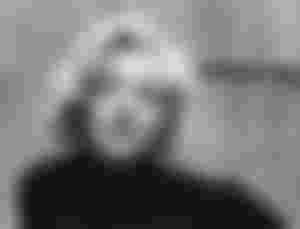
The beautiful Norma Jean, better known as Marilyn Monroe, was the object and prey of Hollywood directors, photographers and puppets of the public. Her death and the real identity of the modern goddess have never been fully clarified. Whether it is a Hollywood virgin, a literary Ophelia, or Greta, a mythical Sphinx, it is an identity whose variability becomes the cause of the very changes in society.
WOMAN FIGHTER

Whether her mythological counterpart Athens is the goddess of wisdom and craft, an Amazon or a modern feminist, this archetype implies strength and combativeness that very often exceeds the boundaries of the female and is equated with the strength of the opposite sex. What characterizes this type of woman is logic, practicality and simplicity. The mind takes precedence over the feelings, and selflessness and unpredictability follow actions of this type. It is driven by ambition and extroversion, so power is considered the best aphrodisiac. The principle of efficiency, objectivity and equality distances it from the ecstatic and romantic, which is considered to be both an advantage and a disadvantage to this identity because it is not prone to extremely strong feelings and complete surrender to intimacy. She is often described by a strong connection with her father, so in the typology of identity she is better known as her father's daughter.

An example of such a woman in history is certainly Cleopatra a beautiful ruler, surrounded by splendor, known for her wisdom and management skills. She skillfully ruled Egypt and was respected by her compatriots
Studies that indicate the existence of several other types of female identity, as well as any story about the complexity of the personality, are up to the individual to discover. The question is, do the patterns of today's identity exist and can a person be reduced to only one type, or has the present liked to imitate what it would like to be?
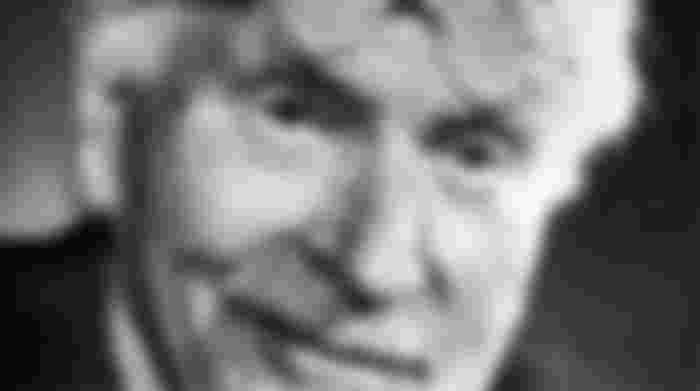
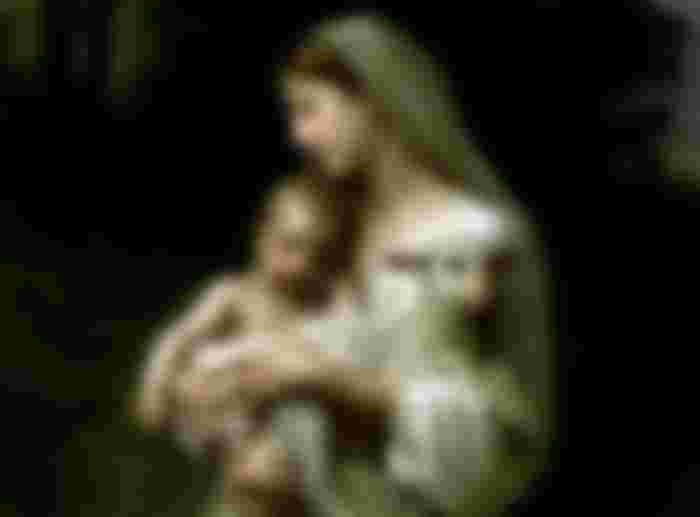



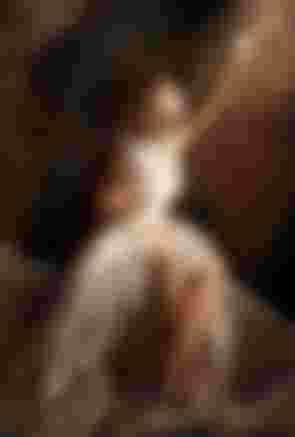

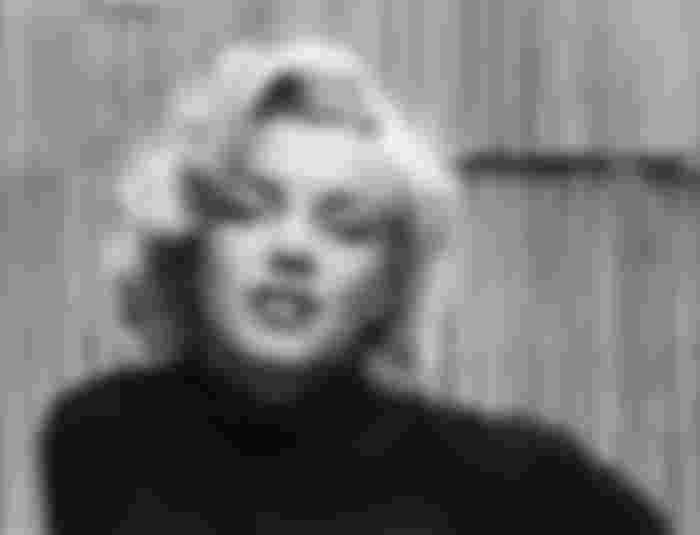


Talking about women nice article I really appreciate reading this post nice job keep it up